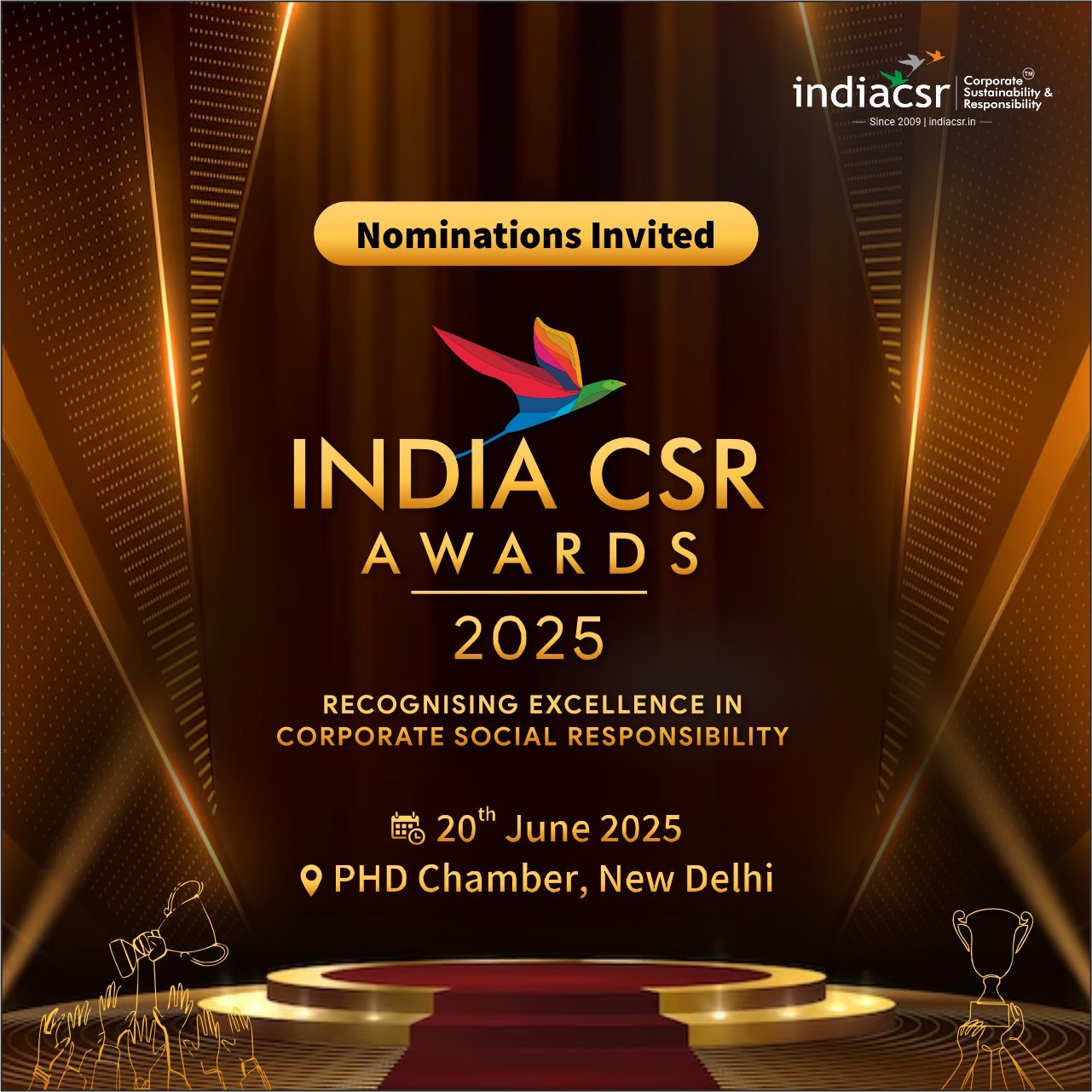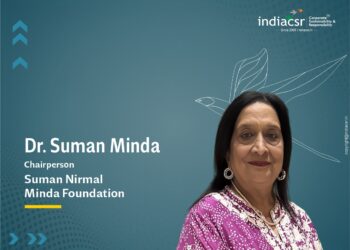As India moves towards achieving SDG3 and Universal Health Coverage, the urban poor continue to be one of the most challenging segments to tap.
Shama Karkal, CEO, Swasti tells India CSR how CSR funds can bridge the gap to achieve urban wellness. Excerpts:
India carries 20% of the world’s disease burden, according to World Health Organization (WHO). While the government continues to focus on improving public health, how can CSR funds make a difference in healthcare?
Yes, if they are deployed to address the key gaps that exist across the public and private health system, with a focus on improving health for all, especially the most left behind. While many CSR projects fund health screening or conduct camps, the real impact is when there is a follow-up of people and support in accessing the correct level of care. Investments are required on behaviour change strategies because prevention is critical; providing knowledge does not lead to a change in practices.
In context to urban wellness, how do you segment the population in the metro cities to better the health outcomes for them?
The segments in metro cities are as diverse as the definition of urban! Based on the analysis of the NFHS III as well as the work of other partners, the Learning4Impact programme supported by USAID, found that poor urban men were 10% more likely to report heart disease compared with poor urban women, 25% more likely than rural men and nearly 60% more likely than wealthier urban men. Across different diseases, poor urban segments are generally worse off than the rural or wealthier counterparts.
What kind of diseases are most prevalent among the urban poor?
The urban poor face the risk of epidemics of leptospirosis, sexually transmitted infections, TB, pneumonia, diarrhea, malaria, etc. given the density of slums. Additionally, there has been rapid growth in non-communicable diseases like asthma, heart disease, cancer and diabetes.
The National Foundation for India reveals that for most of the smaller companies, CSR obligations are merely an accounting exercise. How can NGOs like yours help in mobilizing their funds in the most effective manner?
Providing a corpus to organisations that are engaged in activities mentioned in Section VII of the Act would be an effective and yet simple way to support the work already being done. By working with civil society organisations as partners and not just implementers of projects, CSR funds can be more effectively utilized.
What are some of the challenges faced by NGOs while raising funds for health programmes and during implementation stages?
Funding is available only for 1-2 years when outcomes and impact take 5-7 years to be achieved; b) Funders are willing to fund only some aspects – e.g. construction of toilets or water infrastructure but not human resource costs; or not covering the critical SBCC costs; c) Overheads of the organisation not being covered or covered minimally means only projects will be implemented but sustainable organisations and impact will be difficult.
In terms of innovation in healthcare, what are the latest developments that we are currently witnessing?
The innovation space in health is vibrant and while we hear more about the technological developments, there is innovation happening which involves behavioural economics, community institutions and impact measurement as well. The road ahead is exciting and calls for more open, joint working across different sectors so that we can apply and fully benefit from the innovations.
Can CSR funds alone fill the breach in achieving urban wellness? What are the other sources of funds needed to achieve SDG3?
Achieving SDG 3 for the country cannot be done by CSR funds alone since the estimated requirement for India is about USD 880 billion (At 2015 prices). Innovative financing is going to be essential so we can unlock new sources of money, make existing money more efficient as well link funding to results. In addition, collaborative deployment of funds by philanthropists, govt, private sector as well as people themselves will be necessary.
How is Swasti enabling corporates to bring about social change? Elaborate on your programmes.
Our flagship programme, “Invest for Wellness” goes beyond simply treating an illness. We combine medical, behavioral, and social science with an appropriate mix of technology and health financing. We work with the poor and marginalized whom we call members. We provide free, prompt, convenient and empathetic care and screening by nurses. When the condition requires hospitalisation or advanced treatment, they are referred to a quality assured network of providers; with support for treatment adherence and completion. Our strong partnerships and CSR contributions made by Marks&Spencer, Levi’s, HDB Financial, Social Venture Partners, Innoven, Adobe, and Morgan Stanley towards the “Invest for Wellness” programmes in communities (urban and rural), schools and factories are helping redefine people-centred care.
Shama Karkal is an alumnus of School of Social Work, University of Maryland is a social development expert and currently the Chief Executive Officer, Swasti. Shama has worked in India and in the USA, on public health including HIV prevention, market innovations for health and community system strengthening. Her experience spans 2 decades, and her repertoire includes work in the areas of large scale project management, resource mobilization, monitoring and evaluation, research, documentation, communication, and capacity development. Currently, she is chair of Asia Pacific Alliance for Sexual & Reproductive Health & Rights (APA).
India CSR offers strategic corporate outreach opportunities to amplify your brand’s CSR, Sustainability, and ESG success stories.
📩 Contact us at: biz@indiacsr.in
Let’s collaborate to amplify your brand’s impact in the CSR and ESG ecosystem.

























